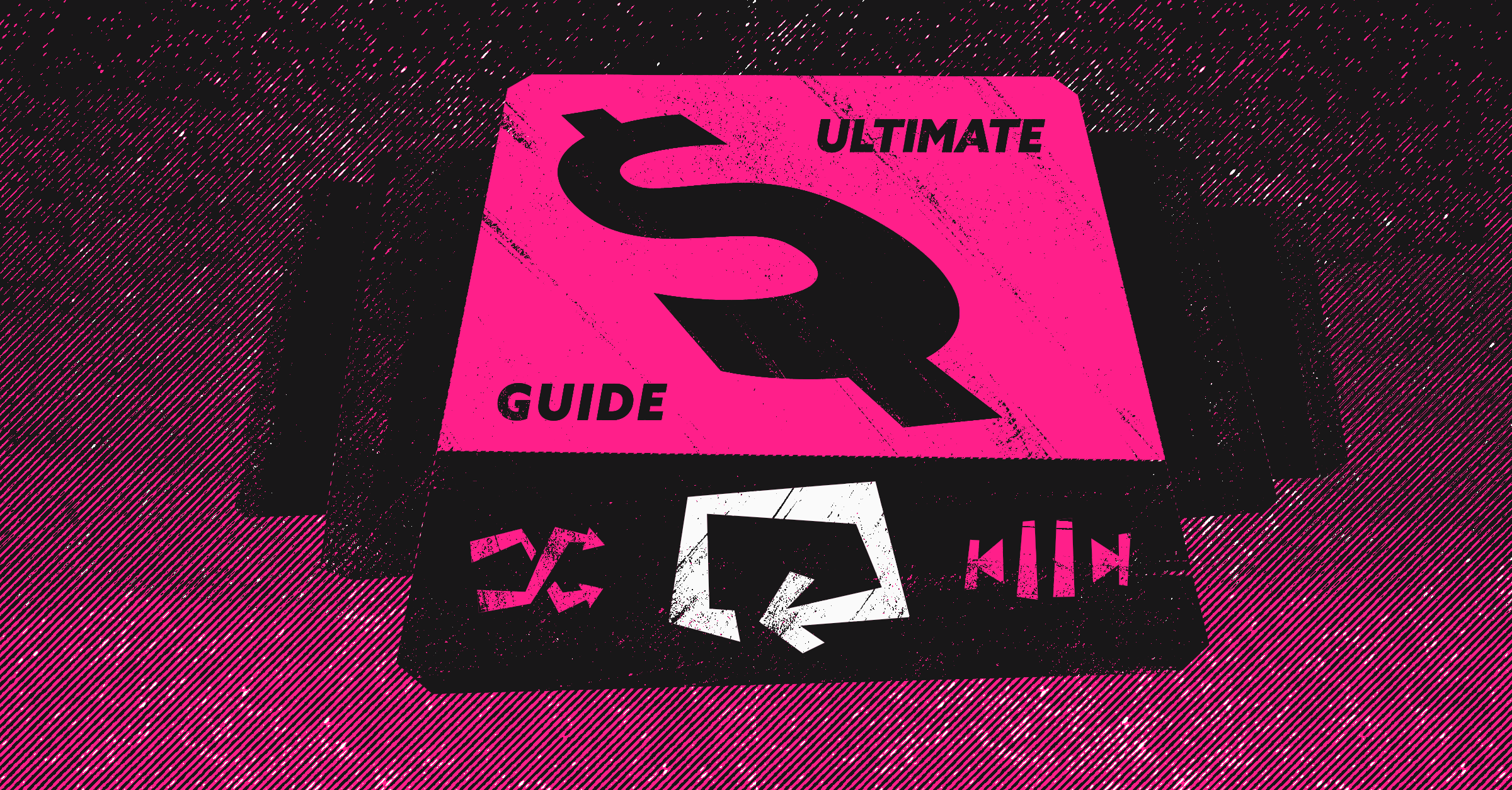
If there were no objections, sales would be an extremely easy job. We’d simply close deals or get rejected, without all the complicated nuances that come with disagreements (or questions framed as disagreements) which can stop so many deals in their tracks, leaving salespeople stumped, perplexed, and unsure of how to proceed.
But sales objections need not be scary, and salespeople should feel confident going into discussions with prospects, no matter how many objections come their way. After all, receiving objections means you’re doing your job, and once you learn how to handle them (or at least feel comfortable addressing them), you’ll be one step closer to sales mastery, a good place to be.
The best way to get started on objection handling is to identify common sales objections and to have a general idea for how to address them.
We’ve put together the following list of the seven most common sales objections, along with some advice for how to handle them. Keep this list handy the next time you’re on the phone; you might not get past every sales objection, but even if you get past a few, it’ll be worth it.
- 1. “The price is too high”
- 2. “We’re already working with someone else”
- 3. “I don’t think we need this”
- 4. “I need to speak with (stakeholders) first”
- 5. “I’ve never heard of your company”
- 6. “This isn’t a top priority right now”
- 7. “Just send me some information”
1. “The price is too high”
Even if you’re new to sales, this customer objection will definitely ring a bell as it’s one of the most common ones you’ll come across (especially if you are dealing with a small business).
When a prospect brings up price, instead of getting defensive , ask more questions to get a better understanding of where they stand.
Is it truly a lack or budget, or do they simply not see the value in what you’re offering? If it’s the former, there’s not much you can do aside from offering a steep discount. But, more than likely, it’s the latter, which means you’ll have to go back to the drawing board in terms of defining value.
The good news is that a price objection usually indicates interest. So don’t get rattled – dig deeper instead.
2. “We’re already working with someone else”
While this common objection will sting, it’s not necessarily a deal killer, and the fact that the prospect is already working with (or about to work with) someone else does indicate that they’re a serious buyer.
Whenever you get this objection, you’ll want to be ready to respond with a clearly defined value differentiator.
- What makes you unique, and what do you offer that a competitor cannot?
- Is it a better price?
- Do they have more features?
Whatever the case, as a sales person, you should understand how your product fits into the market and what your unique value proposition is. Now is the time to compete.
RELATED READING: 10 Words You Should Avoid Using If You Work in Sales
3. “I don’t think we need this”
This objection can be a deal-killer, but before you throw in the towel, you owe it to yourself (and to the prospect) to dig a little deeper and see if you can uncover a need.
After a potential client has told you that they don’t think they need your product, it’s time to start asking open-ended questions about their situation. Most likely, they know what they’re talking about and there really is no need.
But, in some cases, they might reveal something that’s a game-changer, and will give you the perfect opening for another sales pitch. It’s not a guarantee, but it’s worth a shot.
4. “I need to speak with (stakeholders) first”
When a potential customer tells you that they need someone else’s approval, this can mean one of two things. Either they really do need to get someone else on board, in which case your job is to help them convince the other decision maker(s), or they’re simply trying to stall and avoid turning you down directly.
If there are other stake-holders involved, you should always offer to speak with them directly, or schedule a follow-up with everybody on the same call. But if the prospect balks at letting you get involved, then they might just be trying to get you off the phone in the most polite way they know how, which means you haven’t effectively made your case.
5. “I’ve never heard of your company”
This type of objection comes from a lack of trust. Rightly or wrongly, people are naturally distrustful when it comes to money, and if a prospect has no frame of reference for you and your product, you’ll need to build trust to get over this objection.
The best way to do this is to provide social proof, whether it’s through testimonials, examples of large (and well-known companies) who already use your products, or by offering to connect your prospect with an existing (happy) customer. You should also work to build personal trust with your prospect by telling them about you, and getting to know them. The key here is trust, so you should do everything possible to make sure they understand they can count on you.
6. “This isn’t a top priority right now”
When a prospect tells you that their pain point isn’t top of mind, it’s up to you to determine whether it’s simply a brush-off, or if they’re truly not time-sensitive (a real objection).
This is (of course) done by asking more questions to get a better idea of where they stand. If their answers are vague, chances are they’re just brushing you off the only way they know how.
If, however, they give you a good explanation along with a clear timeline, then they’re likely telling you the truth, which means you’ll have to stay in touch with them until they’re ready to move forward.
7. “Just send me some information”
While a prospect might want to see something in writing, or simply doesn’t have the time for a longer conversation, asking someone to send information over might also just be a way to get them off the phone.
You, of course, should send the requested information, but not before making an attempt to have a real conversation. It’s only when prospects begin to open up to you that you’ll find out whether or not there’s a deal to be made.
That being said, make sure to always send whatever you’ve promised to send, because ignoring the request (as some salespeople do) is a sure way to prove that you’re not a person who keeps their word, which is just another (rude) way of showing someone that you don’t care to earn their business.
RELATED READING: 6 Secret Things High Performers Do on Sales Calls
A Smarter Way to Handling Objections
Every sales manager wants to see the sales team succeed and close more deals. That’s why they use tech tools to help them through the sales process.
What if there was a smart (AI) tool that would aid sales reps address common sales objections during the sales conversation?
When a sales rep uses Dooly, she can have answers in real time, at the tip of her fingers.
How? With our Playbooks feature.
When a seller types a keyword or phrase into their notes, a Playbook is triggered and pops up on the right-hand side. Within each Playbook, they’ll be able to access relevant content (a competitor battle card, a case study, a related article, etc.) that will help them live on their sales call.
If sales professionals don’t have a good answer for an objection they’re faced with, they instantly lose credibility.
With Dooly Playbooks, sellers can overcome any and all objections. A Playbook can be triggered based on a question that was asked so the rep can respond in a timely and confident manner.
Curious? See Dooly in action.

Join the thousands of top-performing AEs who use Dooly every day to stay more organized, instantly update their pipeline, and spend more time selling instead of mindless admin work. Try Dooly free, no credit card required. Or, Request a demo to speak with a Dooly product expert right now.


